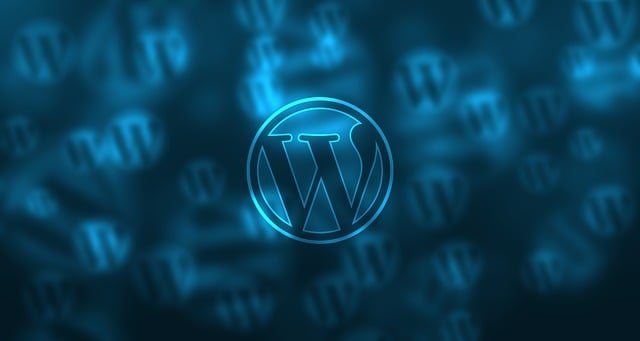Navigating the Path to a Successful WordPress Project: Setting Objectives and Planning Your Website
- October 23, 2023
- By Hina Afzal
- Web Application Development
- 0 Comment
Embarking on a WordPress project is an exciting endeavor, but before you dive in, it’s imperative to lay a solid foundation through clear objectives and effective planning. In this blog, we’ll explore the crucial steps of setting realistic goals and planning your website, ensuring your WordPress project is a resounding success.
Setting Realistic Goals for a WordPress Project
The first step in any WordPress project is defining clear and realistic objectives. Consider the following to set your project up for success
- Define Purpose: Clearly articulate the purpose of your website. Are you building a blog, an e-commerce site, a portfolio, or a corporate website? Understanding the core purpose informs all other decisions.
- Audience and User Goals: Who is your target audience, and what do you want them to achieve on your site? Tailor your goals to meet their needs and expectations.
- Measurable Outcomes: Set specific, measurable, and achievable goals. For instance, if it’s an e-commerce site, a goal might be to increase monthly sales by a certain percentage.
- Timeline: Define a realistic project timeline. Be aware of any time constraints and plan accordingly.
- Budget: Understand your budget constraints. Your goals must align with your available resources.
Client Expectations in Goal-Setting:
Client expectations are a crucial factor in goal-setting, especially in projects involving multiple stakeholders. It’s vital to:
- Communicate: Engage in open and clear communication with your client. Understand their vision, objectives, and any specific requirements they have for the project.
- Set Expectations: Ensure your client’s expectations are realistic and achievable. Be transparent about what can be accomplished within the given timeline and budget.
- Flexibility: Be prepared to adapt goals as needed. Sometimes, during the project, priorities may shift or new insights may emerge.
Planning Your WordPress Website
Effective planning is the bedrock of a successful WordPress project. Here’s what you need to consider:
- Project Plan: Create a comprehensive project plan outlining the scope, objectives, roles, responsibilities, and timeline. This serves as a roadmap for the entire project.
- Site Structure and Functionality: Determine the site’s structure and functionality. Consider the navigation menu, page hierarchy, and any special features or plugins required to meet your objectives.
- Content Strategy: Develop a content strategy that aligns with your goals. Plan for high-quality content that resonates with your target audience.
- Design and User Experience: Think about the site’s design and user experience. Ensure it’s intuitive, visually appealing, and user-friendly. This is crucial for engaging visitors and achieving your goals.
- SEO and Analytics: Incorporate SEO best practices and set up analytics tools to track your progress. This will help you measure the effectiveness of your website and make adjustments as needed.
In conclusion, a successful WordPress project begins with clear objectives and effective planning. Setting realistic goals, understanding client expectations, and meticulously planning your website’s structure and functionality are pivotal steps. With a strong foundation, your WordPress project is poised for success, meeting your objectives and leaving a positive impact on your target audience.

